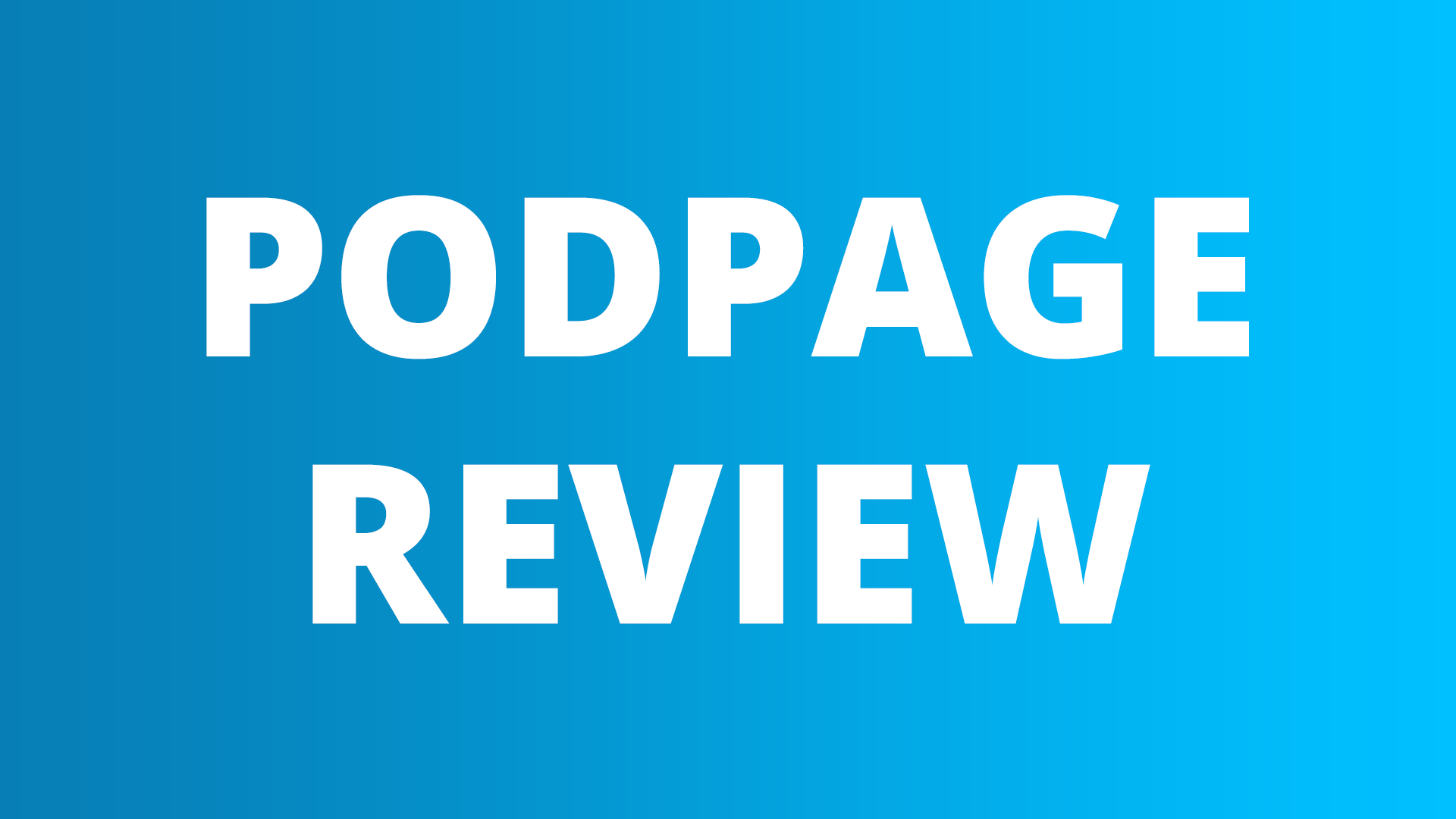In the rapidly evolving world of podcasting, content creators are constantly seeking ways to enhance their online presence and streamline the management of their podcasts. Podpage, a platform specifically designed for podcast websites, has emerged as a powerful tool in this regard. This review will delve into the various features, functionalities, and overall user experience that Podpage offers, providing insights into whether it stands out as a valuable asset for podcasters.
User-Friendly Interface:
One of the standout features of Podpage is its user-friendly interface. Even for those with limited technical expertise, setting up a professional-looking podcast website is a breeze. The platform’s intuitive design allows users to navigate through the customization options effortlessly, making it accessible to both seasoned podcasters and beginners alike.
Podpage offers a range of customizable templates, ensuring that your podcast website can be tailored to suit your unique style and branding. From color schemes to font choices, users have the flexibility to create a website that aligns seamlessly with their podcast’s identity. The drag-and-drop interface simplifies the process of arranging content, providing a hassle-free experience for users who want to focus on creating compelling podcast episodes rather than grappling with website design.
Content Management:
Efficient content management is crucial for podcasters, and Podpage excels in this aspect. The platform automatically updates your website with each new episode, pulling in details such as episode titles, descriptions, and release dates directly from your podcast’s RSS feed. This automation not only saves time but also ensures that your website stays current without manual intervention.
Podpage also facilitates the integration of various media types, allowing podcasters to embed audio and video content seamlessly. This versatility caters to a broader audience and enhances the overall user experience by accommodating different preferences for consuming podcast content.
Search Engine Optimization (SEO) Optimization:
In the competitive landscape of podcasting, visibility is key. Podpage recognizes the significance of SEO and incorporates tools to optimize your podcast website for search engines. The platform generates podcast-specific metadata, including episode titles, descriptions, and keywords, to improve discoverability.
Additionally, Podpage provides users with the ability to create custom landing pages, enhancing their podcast’s online presence. These landing pages can be optimized for specific keywords or themes, further boosting search engine rankings. By prioritizing SEO, Podpage empowers podcasters to reach a wider audience and maximize the impact of their content.
Integration and Analytics:
Podpage seamlessly integrates with various podcast hosting platforms, simplifying the process of updating your website with new episodes. The platform supports popular podcast hosting services, ensuring compatibility and ease of use for podcasters who may already have an established hosting provider.
Analytics play a crucial role in assessing the performance of a podcast and understanding the audience. Podpage provides users with detailed analytics, offering insights into metrics such as website traffic, listener demographics, and popular episodes. This data empowers podcasters to make informed decisions about content creation, marketing strategies, and audience engagement.
Custom Domain and Branding:
Establishing a unique and memorable online identity is essential for podcasters looking to build a dedicated audience. Podpage facilitates this by allowing users to connect their custom domain to their podcast website. This feature not only enhances the professionalism of the website but also reinforces brand consistency.
Podpage further supports branding efforts by enabling users to upload custom logos, header images, and other visual elements. The ability to align your podcast website with your overall brand image is invaluable for creating a cohesive and recognizable online presence.
Customer Support and Community:
Podpage prioritizes customer support, offering a range of resources to assist users in navigating the platform effectively. The knowledge base provides comprehensive guides and tutorials, addressing common queries and concerns. Additionally, users can reach out to the Podpage support team for personalized assistance, ensuring a smooth experience for all users.
The platform also fosters a sense of community among podcasters. The Podpage Facebook group serves as a hub for discussions, knowledge sharing, and collaboration. This community-driven approach not only enhances the overall user experience but also creates opportunities for networking and mutual support among podcasters using the platform.
Conclusion:
In conclusion, Podpage stands out as a robust and user-friendly solution for podcasters seeking to establish a compelling online presence. From its intuitive interface and seamless content management to its focus on SEO optimization and analytics, Podpage addresses the diverse needs of podcast creators.
The platform’s commitment to user support and community building further solidifies its position as a valuable tool in the podcasting landscape. Whether you’re a seasoned podcaster looking to enhance your online presence or a newcomer seeking a user-friendly solution, Podpage emerges as a comprehensive and effective platform for creating and managing podcast websites.
Disclosure: The link below in this post is an ‘affiliate link’. This means if you click on the link and make a purchase, I will receive an affiliate commission.
